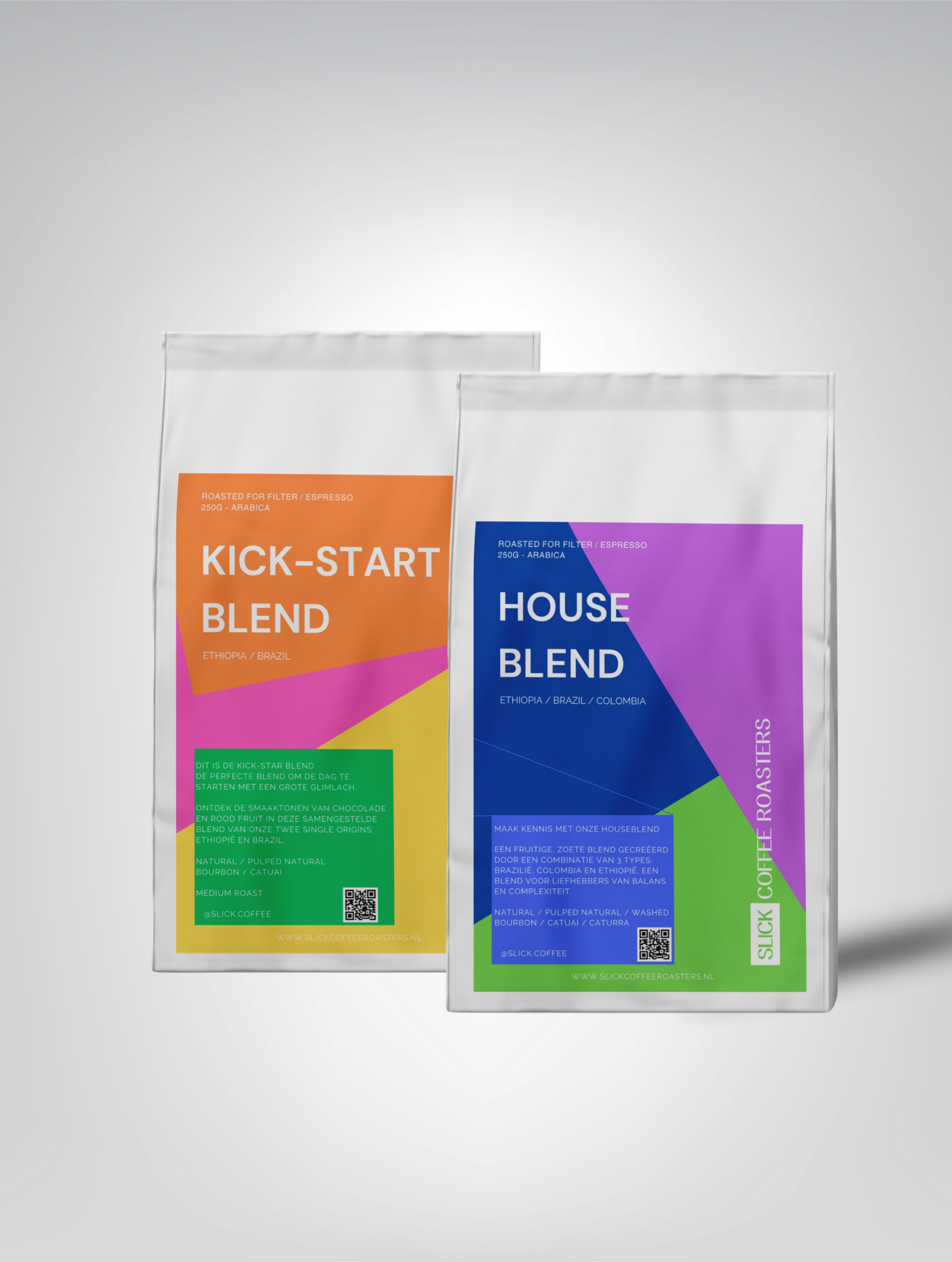Shit. Coffee has become more expensive. How does it affect your cup of coffee?
Specialty coffee is so much more than a beverage; it’s the result of craftsmanship, passion, and hard work. But like many industries, the coffee world is also facing increasing costs. Specialty coffee prices are rising, and while that may sound alarming, we want to explain what’s behind these changes. Because when you understand why these increases are happening, you can also see how they’re helping to maintain quality and sustainability in the coffee industry.
Arabica vs. Robusta: The main differences and purchase prices
To be able to tell you what the influence is on our prices. First more explanation about the different types of beans. Coffee is coffee, right? Or not?
Arabica and Robusta are the two most widely used coffee varieties, each with their own flavor profile, growing conditions, and price. Arabica, which accounts for 60-70% of global coffee production, grows at altitudes of 800 to 2,000 meters. These beans are known for their mild, complex flavors with fruity and floral notes. Cultivation is intensive: Arabica plants are susceptible to diseases, require specific temperatures, and their lower yield per hectare drives up costs. Arabica purchase prices average between €4.00 and €6.00 per kilo, depending on origin and quality, with specialty coffee, Arabica often above €10.00 per kilo.
Robusta, which represents 30-40% of the production, is more robust and grows at lower altitudes. The plants are more resistant to diseases and require less maintenance, which reduces cultivation costs. The taste is strong and bitter, with a higher caffeine content. Purchase prices for Robusta are on average between €2.00 and €4.00 per kilo.
This price difference reflects the market: choose Arabica for refinement and complexity, and Robusta for strength and affordability. For our coffee beans, we use specialty Arabica beans.
The challenges of coffee farmers: craftsmanship under pressure
The foundation of every cup of coffee starts with the farmer. Unfortunately, coffee farmers worldwide are facing major challenges. Drought in Brazil – the world’s largest producer of coffee beans – has led to a sharp drop in the harvest. Fewer coffee beans means lower availability and rising prices – a simple mechanism, but with major consequences for both farmers and consumers.
In addition, labor and processing costs are also increasing. Farmers are investing more in technology and resources to maintain the quality of their harvest despite changing weather conditions. This extra effort is essential to safeguard the unique flavor profiles of specialty coffee. But it also brings with it higher costs that reverberate throughout the chain.
Our approach: Strong together, for you and the farmers
At Slick Coffee Roasters, we understand that rising prices raise questions. We are also very annoyed by this. That is why we do everything we can to limit the impact for you as a customer, without making concessions on quality. Where costs in the chain sometimes increase by 30%, we have chosen to increase our prices by only 20%.
We absorb part of the increase ourselves, because we believe in fair prices and sustainable cooperation with our partners. What else do we do?
- Direct cooperation with farmers: By working directly with coffee producers, we pay fair prices and provide support in challenging times.
- Efficiency in processes: We continue to critically examine our own processes and time to avoid unnecessary costs.
- Transparency: We keep you as a customer informed of all our steps, challenges and moments to celebrate, so that you know how your coffee is made.
Why quality makes the difference
Specialty coffee is the result of careful labor and attention to detail, from farm to cup. By choosing quality coffee, you are helping to ensure a fair and sustainable future for the coffee industry and the communities that depend on it. Every dollar you invest helps support farmers, improve environmentally friendly processes, and preserve the unique flavors that make specialty coffee so special.
What effect does all this information have on your one cup of coffee in the morning?
The rising cost of coffee beans certainly affects the price of your cup of coffee, but often less than you might think. When the price of specialty beans increases by 20%, that usually translates to a few cents more per cup. For home baristas, a €2 per kilo increase in cost could mean that your morning coffee might be 5-10 cents more expensive. The good news? That extra money means you can continue to enjoy quality, while the farmer gets paid fairly for his hard work. A small investment for a great start to your day.
We invite you to discover our coffees and experience for yourself why investing in specialty coffee is worth it. Take a look at our range and enjoy coffee that not only tastes good, but also makes a difference – for you, for the farmers and for the planet.
